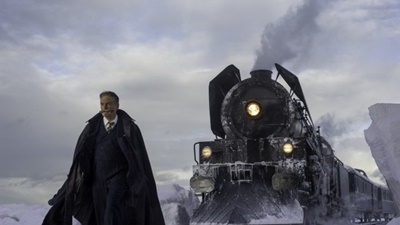Peplum Populist: Goliath and the Sins of Babylon (1963)
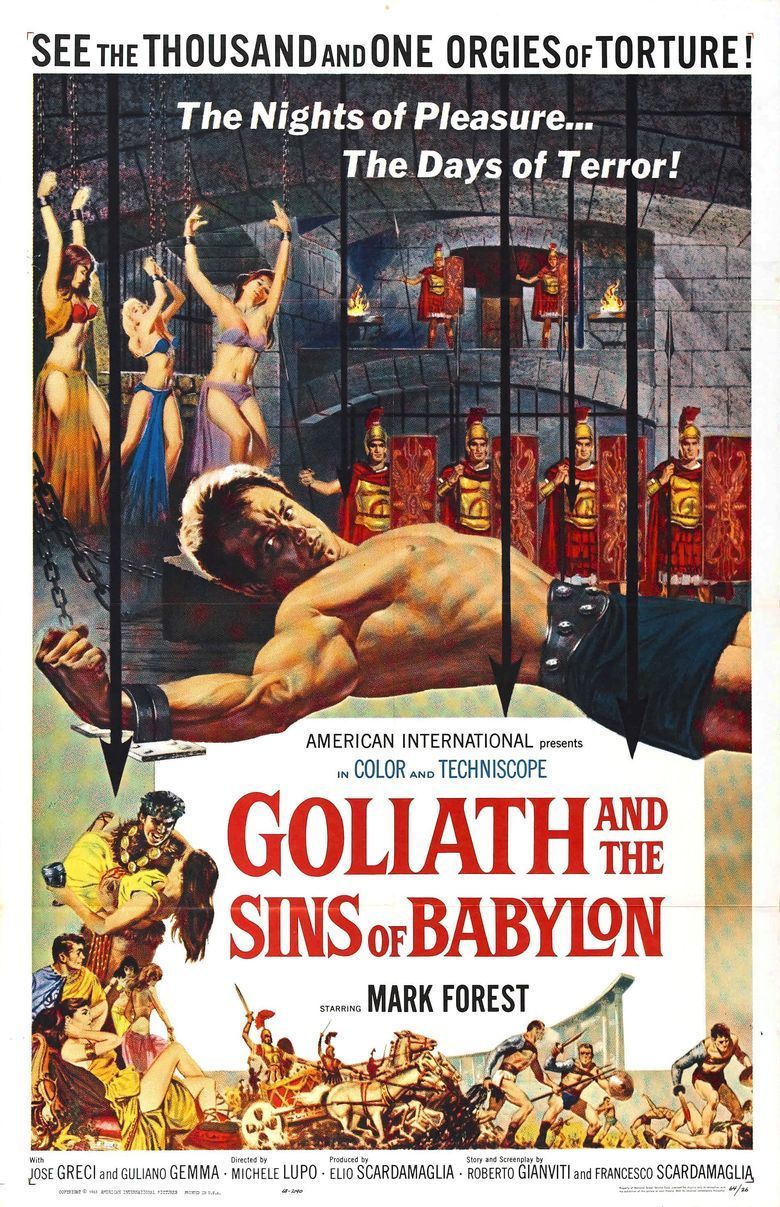 When you have an Italian sword-and-sandal (peplum) film, and the hero of the title has an oblique name like “Goliath” or “Colossus,” the immediate question that comes to mind is, “Is this hero actually Maciste?”
When you have an Italian sword-and-sandal (peplum) film, and the hero of the title has an oblique name like “Goliath” or “Colossus,” the immediate question that comes to mind is, “Is this hero actually Maciste?”
The answer with Goliath and the Sins of Babylon is “Yes.” The Italian title of this 1963 muscleman epic is Maciste l’eroe più grande del mondo, “Maciste, The Greatest Hero in the World.” This isn’t strictly true, because in the rest of the world, Maciste habitually lost his name and was turned into Hercules or Atlas or Colossus … or Goliath.
And Maciste isn’t even in Babylon! This is another deception of the English-language title and dub. The setting is the usual vague Greco-Roman Mediterranean world that served as the backdrop for the majority of peplum flicks, where fictional kingdoms constantly warred with each other until a bulky hero appeared to help the underdogs to victory.
The story of Goliath and the Sins of Babylon isn’t much more complex than that description, although the events of the plot as it lunges from scene to scene create a needless tangle. The short version: The Kingdom of Cafaus (“Babylon”) has forced a cruel treaty on its neighbor, Nephyr, that demands an annual tribute of twenty-four virgins (upped to thirty in the English version). The current king of Nephyr, Pergasos (Piero Lulli), arranged for this awful treaty so he could keep the throne after his brother’s death. The wandering strongman Maciste (Mark Forest) arrives in Nephyr and befriends a group of rebel gladiators who plot to free the city from the grip of the king of Cafaus and his wicked agent, Morakeb (Erno Crisa), and place Regia (José Greci), daughter of the previous king, onto the throne of Nephyr.
Between the lines of this story is a naval battle, a chariot race, copious sword fights and wrestling moves, a populist uprising, a pitched battle between armies on horseback, a rush of lions and leopards mauling everybody in sight, comic antics with a dwarf, and jarring shifts in the story that can make it tricky to follow the specifics. There’s a lot packed into this movie, including chunks of other movies, which makes for a choppy narrative and moments of, “Wait, who is this guy again?”
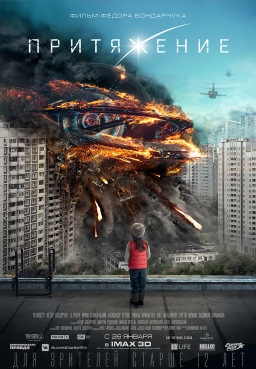 There were two screenings I wanted to attend at the Fantasia Festival on Saturday, July 29. First was the Russian science-fiction film Attraction (Prityazhenie). After that was a triple-bill of animated shorts: “Valley of White Birds,” from China; “Scarecrow Island,” from Korea; and “Cocolors,” from Japan. All together, a promising day of fantastic imagery on the big screen in the 400-seat D.B. Clarke Theatre. (In addition, a long short film preceded Attraction, “Past & Future Kings”; as it happens I know some of the local creators, and so feel it would be inappropriate to write about the movie here.)
There were two screenings I wanted to attend at the Fantasia Festival on Saturday, July 29. First was the Russian science-fiction film Attraction (Prityazhenie). After that was a triple-bill of animated shorts: “Valley of White Birds,” from China; “Scarecrow Island,” from Korea; and “Cocolors,” from Japan. All together, a promising day of fantastic imagery on the big screen in the 400-seat D.B. Clarke Theatre. (In addition, a long short film preceded Attraction, “Past & Future Kings”; as it happens I know some of the local creators, and so feel it would be inappropriate to write about the movie here.)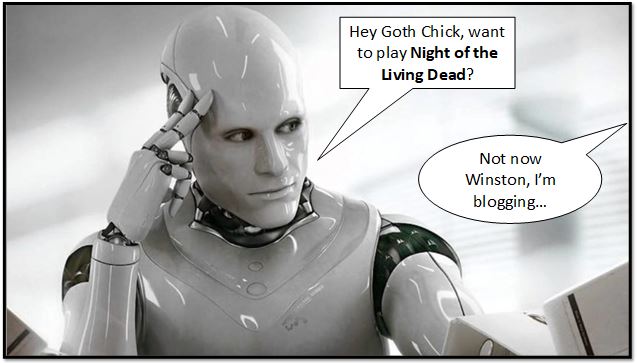
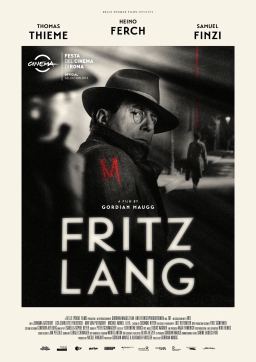 On Friday, July 28, I had two films on my schedule at the Fantasia Festival. The first was a German period crime film with biographical aspects, a movie called Fritz Lang that imagined the great director of the title mixed up with the killings that would shape his now-classic film M. The second was a screening of George Romero’s 1973 film The Crazies, arranged quickly by the festival’s organizers as a tribute following Romero’s death only 12 days before. Together the movies would make for a day that, to me, exemplified much of what is best in Fantasia: a profound appreciation of film history of every kind, mixed with challenging genre artistry.
On Friday, July 28, I had two films on my schedule at the Fantasia Festival. The first was a German period crime film with biographical aspects, a movie called Fritz Lang that imagined the great director of the title mixed up with the killings that would shape his now-classic film M. The second was a screening of George Romero’s 1973 film The Crazies, arranged quickly by the festival’s organizers as a tribute following Romero’s death only 12 days before. Together the movies would make for a day that, to me, exemplified much of what is best in Fantasia: a profound appreciation of film history of every kind, mixed with challenging genre artistry.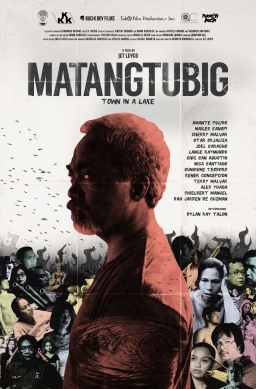 On Thursday, July 27, I planned to watch two films at the Fantasia International Film Festival. First, an artistically ambitious movie from the Philippines called Town In A Lake (Matangtubig). Then, later in the evening, a documentary about the quest to develop nuclear fusion technology called Let There Be Light. Both looked to be about the mysteries of the universe, in very different ways.
On Thursday, July 27, I planned to watch two films at the Fantasia International Film Festival. First, an artistically ambitious movie from the Philippines called Town In A Lake (Matangtubig). Then, later in the evening, a documentary about the quest to develop nuclear fusion technology called Let There Be Light. Both looked to be about the mysteries of the universe, in very different ways.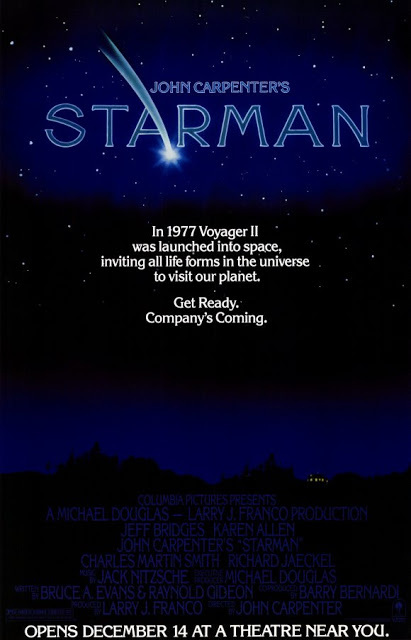
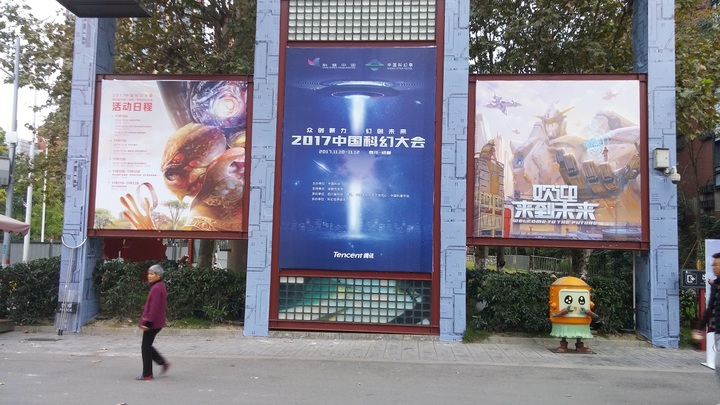

 For the most part parties in literature seem to be limited to pre-WWII novels where omniscient narrators can give us interesting overviews, occasionally zooming in to present important detail. Look at Jane Austen: with or without zombies these people spend a lot of time at balls, dances, tea parties, supper parties and the like. Otherwise, how would the characters, particularly the women, meet one another? Even Cinderella meets the prince at a ball.
For the most part parties in literature seem to be limited to pre-WWII novels where omniscient narrators can give us interesting overviews, occasionally zooming in to present important detail. Look at Jane Austen: with or without zombies these people spend a lot of time at balls, dances, tea parties, supper parties and the like. Otherwise, how would the characters, particularly the women, meet one another? Even Cinderella meets the prince at a ball.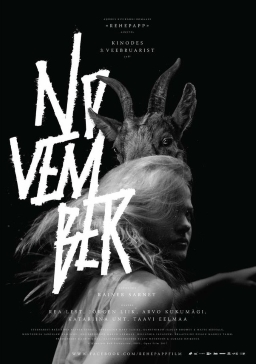 I wrote the other day about
I wrote the other day about 